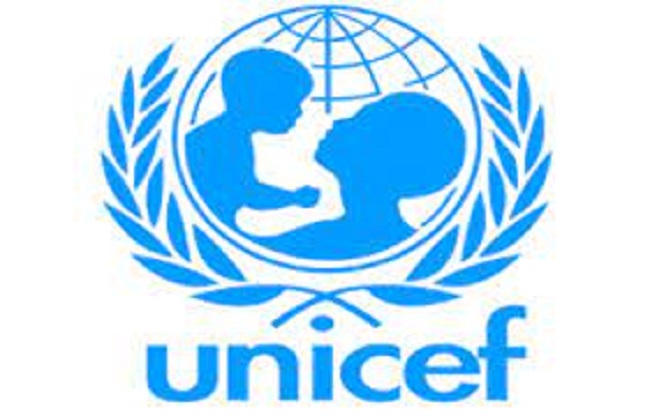The United Nations Children’s Fund (UNICEF) has partnered with the University of Maiduguri to combat the spread of cholera in Borno State.
Speaking during a dialogue session focused on cholera awareness and prevention in Maiduguri on Tuesday, Joseph Senissie, Chief of UNICEF’s Maiduguri Field Office, emphasised the importance of prevention, stating that cholera is a preventable disease.
He noted that university students are agents of change and can help eliminate cholera in Borno State and the North-East region.
He advised students and residents to ensure that children receive the oral cholera vaccine in their communities.
UNICEF has pledged its continued commitment to working with communities to promote good hygiene practices as Borno State recovers from over a decade of Boko Haram conflict.
The recent floods in Maiduguri have displaced thousands of people and damaged homes, exacerbating the humanitarian crisis.
ALSO READ: UNICEF reiterates commitment to providing technical support to Bauchi communities
Senissie explained that U-report is designed to equip students with the tools and knowledge necessary to prevent cholera, stating that “Cholera can kill, but the good news is that it is preventable.”
“No one should die or become ill from cholera,” he asserted. UNICEF’s comprehensive approach to cholera prevention includes improving water quality and promoting access to clean drinking water.
During emergencies, the organisation supports home-based water treatment methods such as boiling, filtering, and adding chlorine.
Senissie also stressed the importance of frequent handwashing with soap and water, particularly before food preparation, eating, and after using the toilet.
He further advised students and residents of the North-East to ensure that children receive the oral cholera vaccine (OCV), a crucial measure in preventing and controlling the disease.
He underscored the critical role of prompt access to treatment during outbreaks, including oral rehydration solution (ORS), zinc, and antibiotics, in reducing fatality rates.
UNICEF is actively providing adequate sanitation facilities and promoting the safe disposal of faeces. Senissie also outlined the common symptoms of cholera, which include dehydration, vomiting, and severe diarrhoea.
Aisha Hamza, Director of Pollution and Control at BOSEPA, reinforced the message, emphasising the importance of quality water, safe hygiene, and proper sanitation.
“With collective efforts, we can protect ourselves and mitigate the risk of outbreaks, working towards a cholera-free future in our state,” Hamza explained.
ALSO READ TOP STORIES FROM NIGERIAN TRIBUNE
